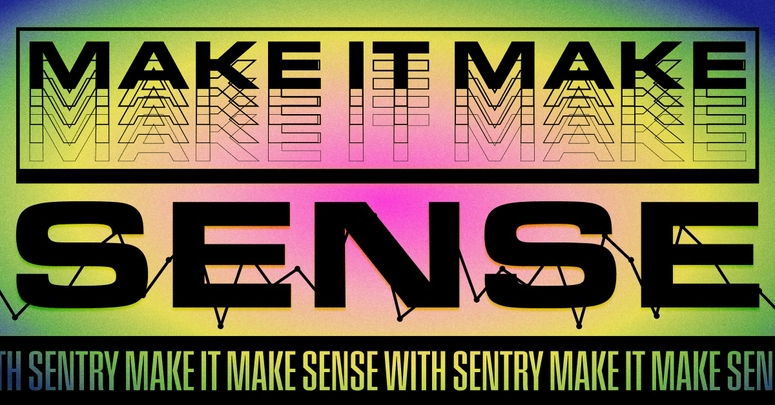C# is known for being a strongly typed language, where each variable’s type must be declared. However, there's an exception: implicitly typed variables, which can be declared using the var keyword. This feature can simplify your code, making it easier to read.
What Does var Do?
When you use var, you’re not declaring a variant; instead, you’re instructing the C# compiler to determine the variable’s type based on the right-hand side of the assignment. This inferred type can be:
- Built-in types (e.g., int, string)
- Anonymous types
- User-defined types
- .NET library types
Example 1: Basic Use of var
var number = Convert.ToInt32(Console.ReadLine());
var message = "Welcome to C#";
Here:
-
numberis inferred asintbecause of theConvert.ToInt32method. -
messageis inferred asstring.
However, if the input from the console is not an integer, an exception will be thrown. To avoid this, use int.TryParse:
if(int.TryParse(Console.ReadLine(), out var number))
{
Console.WriteLine($"Parsed number: {number}");
}
else
{
Console.WriteLine("Invalid input. Please enter a number.");
}
This example ensures the variable can only be assigned if the input is a valid integer, preventing exceptions.
When to Use var for Better Readability
- Use
varwhen the type is obvious from the right-hand side, like:
var welcomeMessage = "Hello, World!";
var sum = 25 + 30;
Here, the inferred types are string and int, respectively.
-
Avoid using
varwhen the type is not clear or when it compromises readability:
// Not recommended
var x = GetUserInput();
// Better alternative
string userInput = GetUserInput();
Example 2: Use Descriptive Names
// Not clear
var x = 'A';
// More readable
char letter = 'A';
A Note on Unsigned Types
C# allows both signed (int) and unsigned (uint) integers. It’s generally better to use int for consistency and better compatibility across libraries:
// Avoid this
uint unsignedNumber = 10;
// Prefer this
int number = 10;
Arrays in C
Arrays are essential but need to be used thoughtfully. While they’re convenient, other collections like List or Dictionary might be better suited for complex scenarios.
Example 3: Initializing Arrays
- Concise Syntax
string[] vowels = { "A", "E", "I", "O", "U" };
Here, we define and initialize the array in one line.
- Explicit Instantiation
var numbers = new int[] { 1, 2, 3, 4, 5 };
You can use var here because the type is clear from the instantiation.
- Specifying Size
int[] scores = new int[3];
scores[0] = 85;
scores[1] = 90;
scores[2] = 95;
Final Thoughts
-
Use
varwhen the type is clear and improves readability. - Be mindful of exceptions when using
varwith user input. - Use arrays wisely, favoring concise syntax when initializing them, and explore other collections as needed for better flexibility.
This approach ensures better readability, maintainability, and consistency in your C# code.




Top comments (0)